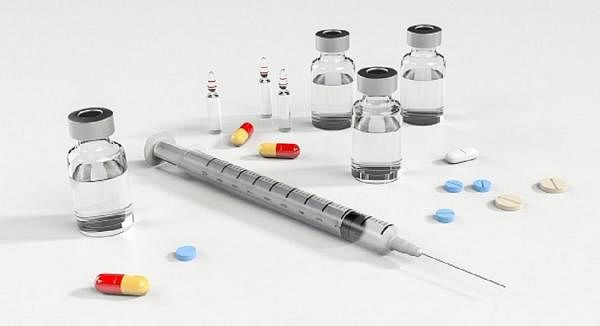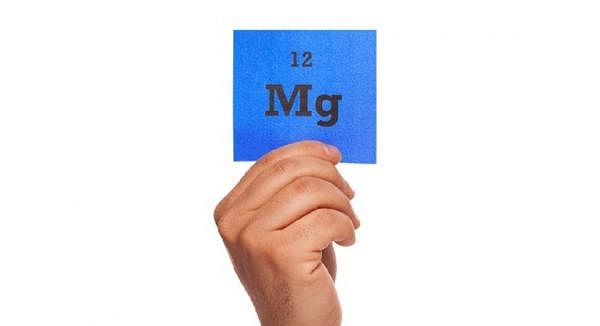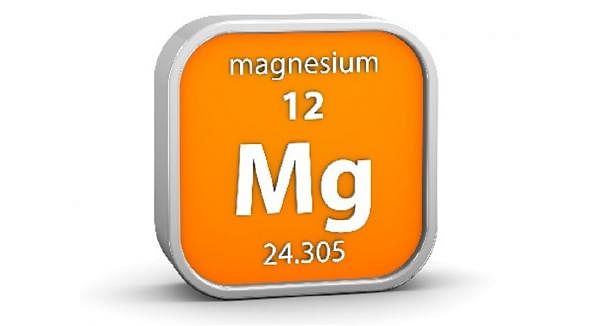What You Need to Know If You Take Metformin
Why you can trust Nutri Advanced Every article on our site is researched thoroughly by our team of highly qualified nutritionists. Find out more about our editorial process.
Metformin is a popular oral diabetes drug taken by millions and used to help manage the growing burden of Type 2 diabetes. It works by lowering the amount of glucose made by the liver and by increasing cells sensitivity to insulin.
In recent years however, concerns have been raised over the increased risk of B12 deficiency in people who take metformin – with some estimates suggesting that between 10% - 30% of people who regularly take metformin have decreased B12 absorption. It’s not clear exactly how this happens, but it is likely that depletion occurs through the interruption of a calcium-dependent mechanism.
Why vitamin B12 is essential for your health…
Needed to make red blood cells - Vitamin B12 is needed for the manufacture of red blood cells; deficiency leads to a certain type of anaemia, which causes the body to produce abnormally large red blood cells that can’t function properly.
Nerve cell function - Vitamin B12 is important for the normal function of nerve cells, and to manufacture myelin, the insulating material that surrounds some of our nerve cells and helps to speed the transmission of messages from one nerve cell to another.
DNA replication - Vitamin B12 is required for the replication of DNA
Signs of vitamin B12 deficiency
• Weakness, numbness, tingling, fatigue, dizziness, constipation, loss of appetite, irritability and swelling / irritation of the mouth and tongue
• Megaloblastic anaemia
• Impaired brain function – advanced B12 deficiency may even cause dementia severe enough to resemble Alzheimer’s disease – however this is corrected with supplementation
Who’s most at risk?
It’s likely that anyone taking metformin may be at a higher risk of vitamin B12 deficiency. Other groups are at increased risk too, and will need to be particularly careful when taking metformin. These include:
• Older adults over 50 often have lower levels of stomach acid and may have trouble absorbing the vitamin B12 naturally present in food
• People with pernicious anaemia, whose bodies do not make the intrinsic factor needed to absorb vitamin B12
• Those who have had gastrointestinal surgery or who have digestive disorders such as coeliac or Crohn’s Disease. These conditions may decrease the amount of B12 the body can absorb
• Those who are vegetarian & vegan, since only animal foods naturally contain vitamin B12
What can I do about it?
If you’re taking metformin and concerned about the risk of vitamin B12 deficiency, it’s best to speak to your GP and ask if they can monitor closely your blood levels of vitamin B12. It may be necessary to supplement vitamin B12 and sometimes folic acid too but it’s important to get this checked with your GP as a first port of call.
This website and its content is copyright of Nutri Advanced ©. All rights reserved. See our terms & conditions for more detail.
Nutri Advanced has a thorough research process and for any references included, each source is scrutinised beforehand. We aim to use the highest value source where possible, referencing peer-reviewed journals and official guidelines in the first instance before alternatives. You can learn more about how we ensure our content is accurate at time of publication on our editorial policy.
Most Popular Articles
-
7 Surprising Ways To Support Your Magnesium
If you are displaying signs of a magnesium deficiency, here are 7 ways to boost your magnesium levels that are easy to incorporate into your daily life. -
5 Best Vitamin C Supplements Picked By Our Experts
Learn more about the different types of vitamin C, the different benefits you get from different types, and what you get for spending more on a good supplement. -
Top 5 Vitamins For Energy And Tiredness Picked By Our Experts
The 5 best and most important vitamins for energy & tiredness including B vitamin food sources & best supplement forms for energy. -
Benefits of Myo-Inositol for Polycystic Ovary Syndrome (PCOS)
In this research review article, we take a closer look at a lesser-known natural compound called myo-inositol that has been found to have significant potential to improve many of the prevalent features of PCOS. -
Top 10 Reasons to Give Your Kids Omega-3
Read the top 10 reasons that kids should have plenty of Omega-3- an essential fatty acid- including for depression, brain function, sleep & reading/maths skills.












